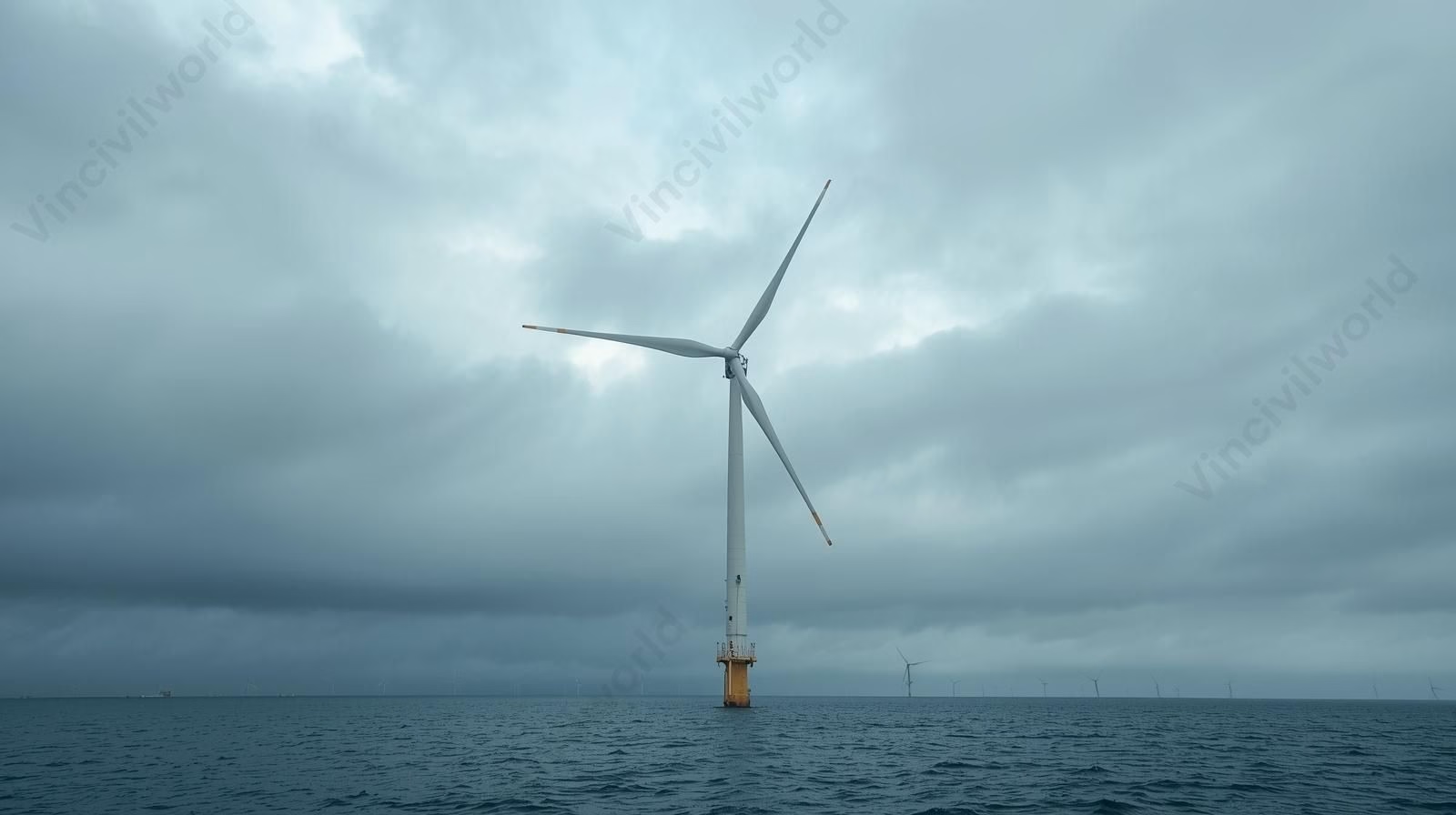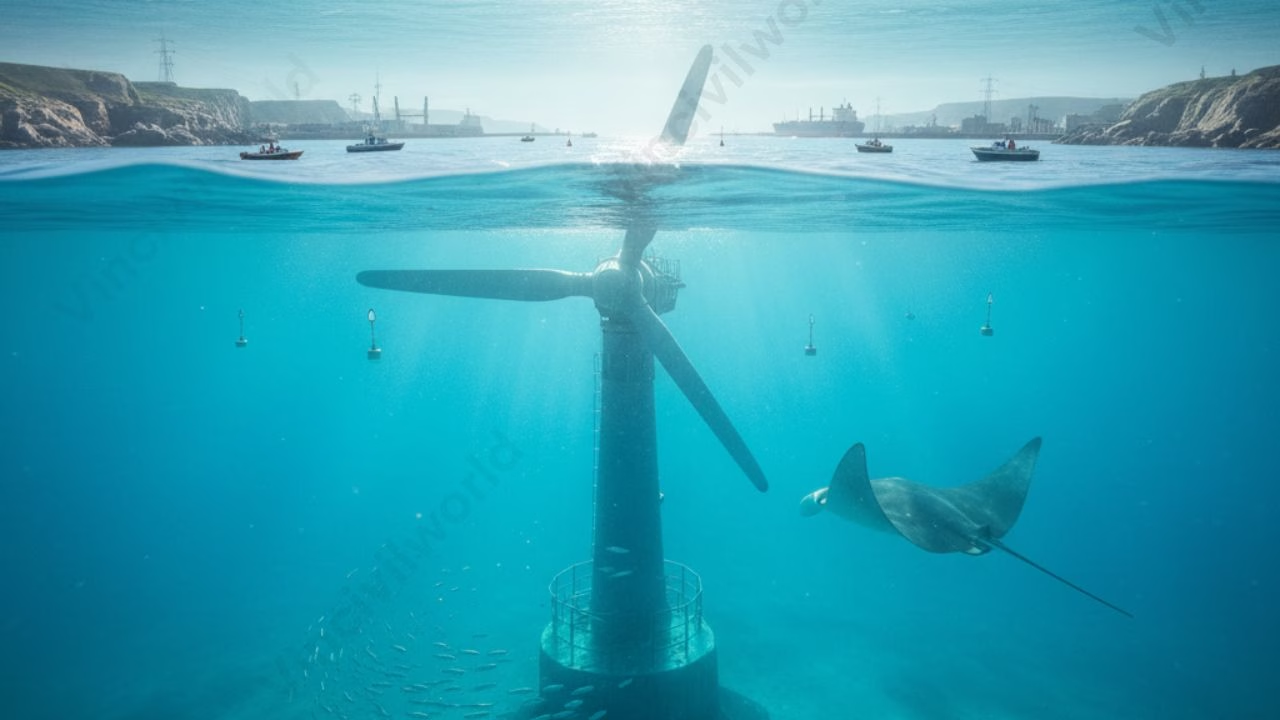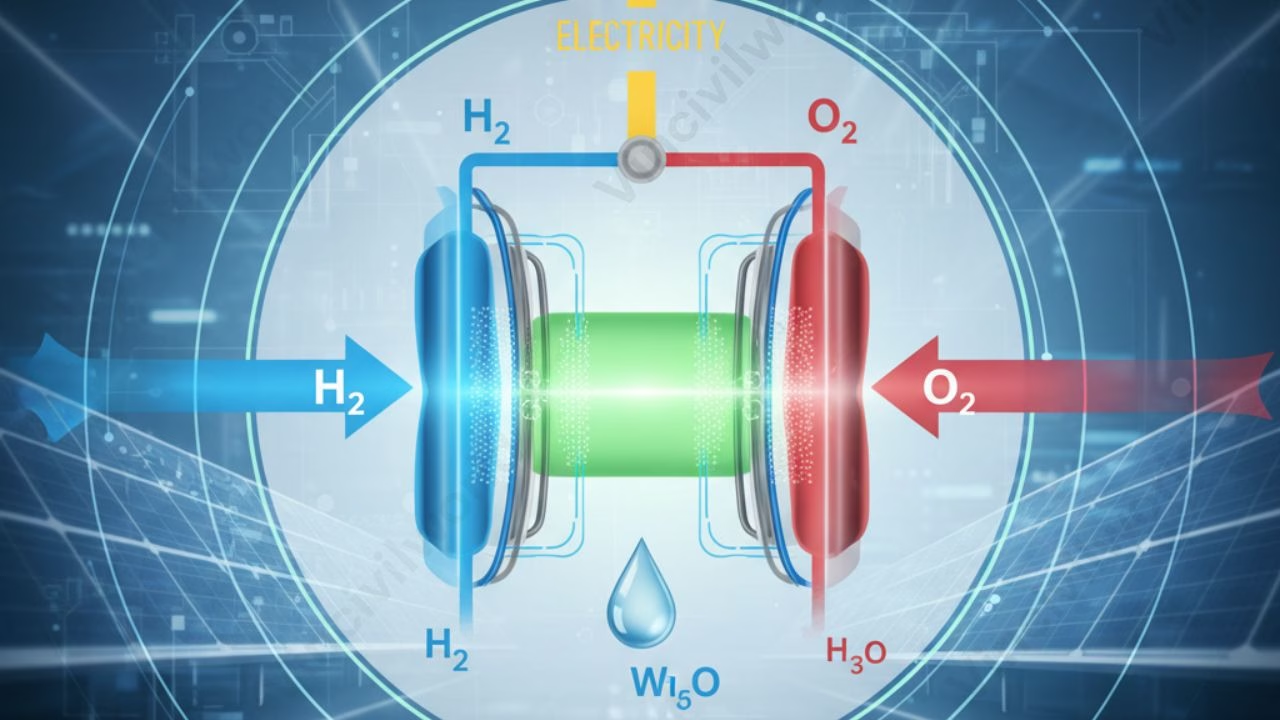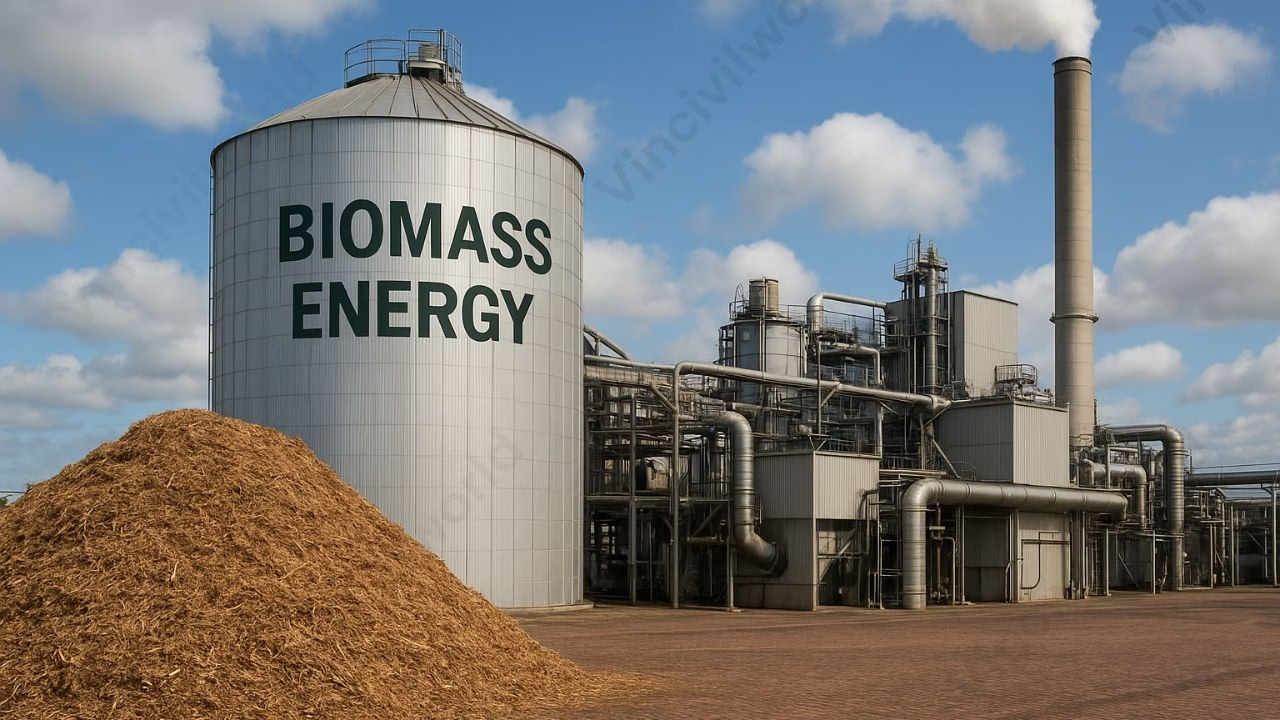Wind Energy: Definition, Advantages, and Future
Wind energy or wind power refers to the process of using the wind to generate mechanical or electrical power. This mechanical energy can be employed for specialized purposes such as pumping water or it can be converted to electricity using a generator. A wind farm is a collection of wind turbines that are all located in the same area. A huge wind farm can include hundreds of separate wind turbines spread out over a vast region.




